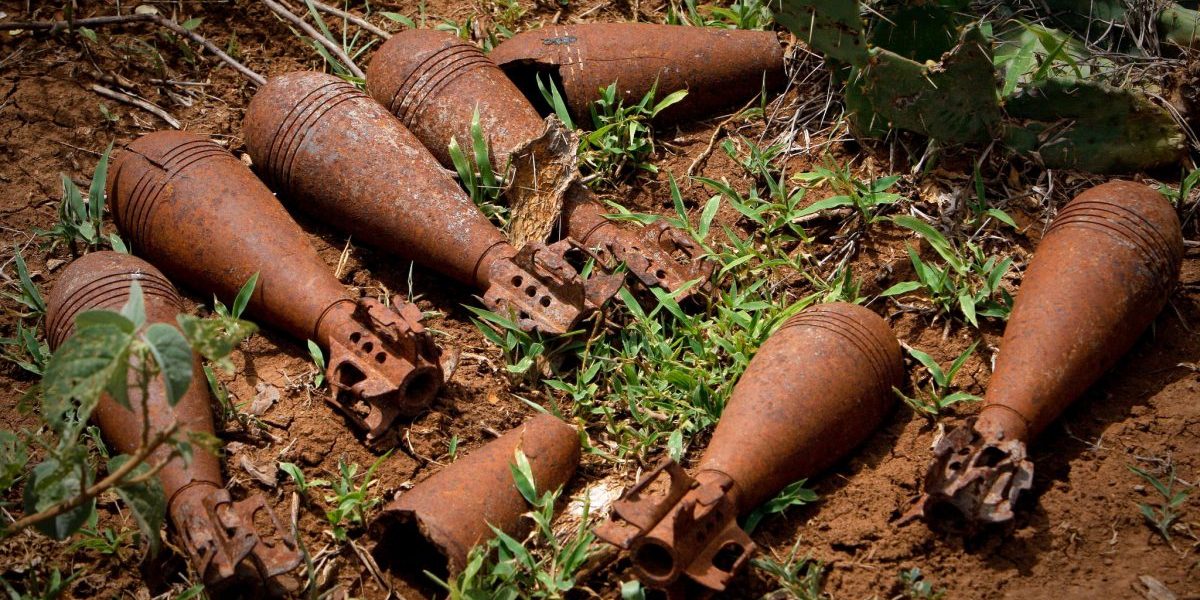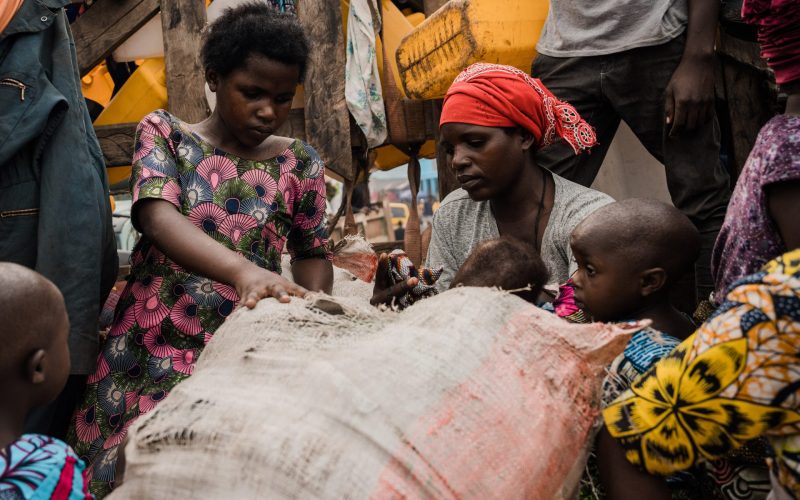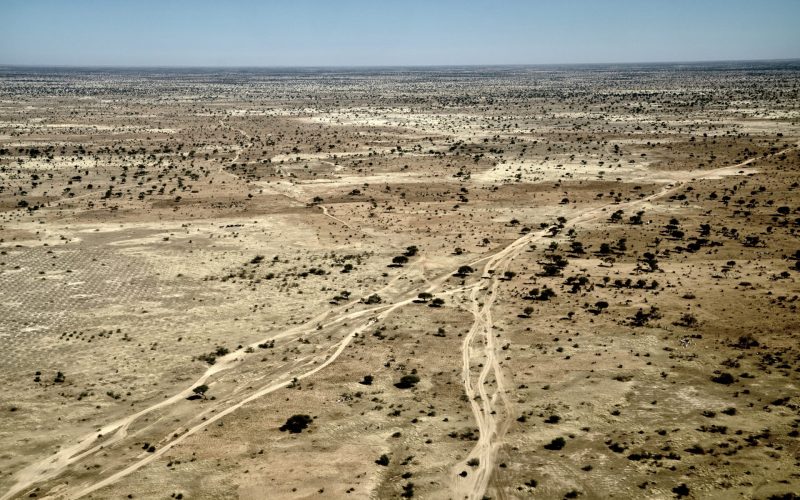First, the threat of Islamist violence is global. It is unwise — and from a policy perspective indefensible — to regard terrorism as “the west’s issue”, since more Muslim states have experienced the tragic effects of this problem than have western states. Second, recognising the threat is a prerequisite to building effective counterterrorism strategies.
Unfortunately, too many African states and subregional organisations still do not regard terrorism as a priority — or even a relevant concern. Not all should, of course. Violent Islam does not impose the same degree of urgency across the continent. For many states, endemic poverty, health epidemics and domestic conflict are rightly more immediate.
Bloody bombings in Nairobi, Dar es Salaam and Casablanca underscore that Africa is not immune to terrorism. But overall, the failure of governments to meet even the most basic obligations stipulated by various African counter-terrorism accords has left the African Union (AU), the regional economic communities and the states ill-prepared to assess the threat, stem the exploitation of their vulnerabilities, protect their people and contribute to global security.
In 1999, in the wake of the devastating attacks against the US embassies in Kenya and Tanzania, the Organisation of African Unity (OAU) adopted its Convention on the Prevention and Combating of Terrorism. Drawing a “growing link” between terrorism and organised crime, including trafficking in arms and drugs, the document required all members to adopt antiterror legislation, accede to United Nations instruments and share intelligence on terrorist activities.
Three years later, at a meeting in Algiers, the AU adopted a plan to bring states in line with the convention. Among other things, the plan called for the creation of an African Centre for the Study and Research on Terrorism to co-ordinate analyses of terrorism and counterterrorism activities on the continent with AU member states and the regional economic communities.
The centre is now up and running — sort of. The Algerian government allocated a vast compound just east of downtown Algiers and seconded some of its senior civilian and military counterterrorism experts to establish the infrastructure. Ultimately, the AU is supposed to designate a permanent director and 20 full-time staff to what would be Africa’s counterterrorism nerve centre.
Algeria’s total commitment thus far amounts to $6,2m. The primary buildings have been outfitted. The flags of AU member states flutter in the main drive. But inside, the hi-tech hardware sits idle. The AU pledged $769000 to the centre this year, none of which has been allocated or is likely to be until after the next heads of state summit in January.
The states and regional economic communities are required to designate focal points to liaise with the centre. Only 20 of 53 states and three of eight regional organisations have done so. SA is among those states that have not identified a focal point. Seventeen states still have not ratified the OAU convention. Meanwhile, neither the permanent director nor staff have been appointed to the centre.
Were it not for the passionate commitment of the Algerians, who have waged a long and costly battle against violent Islamism from within, the centre would be one more unrealised pledge by the AU. Algiers has made it clear, however, that it is not prepared to prop up the facility indefinitely. The vision of an integrated counterterrorism system in Africa thus remains as uncertain as the AU’s willingness or ability to meet its obligations to it.
If the political will to allocate resources to countering terrorism is a function, firstly, of recognition of the threat and, secondly, of trade-offs with competing priorities, two questions arise: one, what is the nature of the terrorism threat in Africa? And two, what would a realistic interstate and cross-regional counterterrorism network in Africa look like?
The state of threats and concerns about Islamist violence in Africa can be broken down into four main areas. First, Somalia and the Horn. The statelessness in Somalia and weak governance throughout east Africa remain a primary concern, enabling elements of al-Qaeda to retain an enduring presence within proximity of important western targets across the region. Second, Algerian Islamists with links to al-Qaeda have been pushed southwards by successful counterterrorism measures in the north, resulting in growing signs of Islamist violence across the Sahelian states.
Third, Nigerian Islamists calling themselves the Taliban after the deposed Islamist regime in Afghanistan have rendered the north vulnerable to infiltration by outside groups. This, coupled with the designation by al-Qaeda of Nigeria as a target for an operational base poses concerns. And fourth, SA, with its strong banking sector and large Muslim communities, functions as an important logistical and terror finance transit point.
The AU documentation on counter-terrorism envisions a highly integrated network of regional and state focal points co-ordinated centrally through the centre in Algiers. This seems highly unlikely to be achieved in the short or even medium term, given constraints on the ability of member states to meet funding commitments and the limited capacity of the regional economic communities.
The immediate strategy should be to build Africa’s capacity on the basis of a blunt and practical division of labour among states and regional organisations according to their strengths.
That means building strong co-operative ties between the centre in Algiers and the key states where concerns about terrorism and capacity to respond converge. This would include Kenya, Tanzania, Nigeria, Mali, SA and Mozambique. Critically, it also requires resolving the conflict over Western Sahara in order to integrate Morocco — the only African state not in the AU — into continental counterterrorism strategies.
This leaves two roles for regional organisations such as the Southern African Development Community and the Economic Community of West African States. One, focus primarily on border issues to co-ordinate interstate responses to trafficking of illicit goods, bogus travel documents, cash and people. Second, facilitate the joint analysis of cross-border flows, including smuggling, that could be terror related.
Terrorism is not just a western concern. It is an international issue requiring a coherent international response. Africa has a vital role to play in ensuring security within and beyond its shores. Building counterterrorism capacity requires moving beyond broad pledges to a systematic, incremental approach that recognises both the threat and resources.








